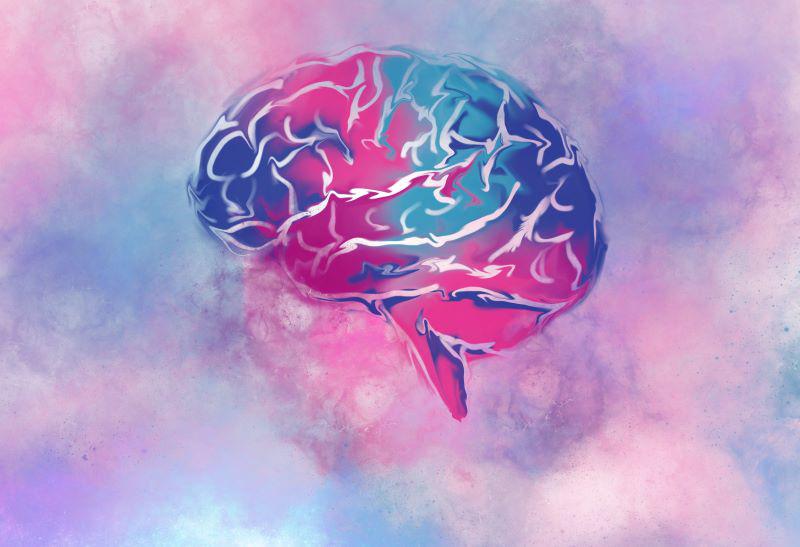
Doctor’s brains are great decision-makers, but even the smartest physicians might be well-served with a little diagnostic help from ChatGPT, a new study suggests. The main benefit comes from a thinking process known as “probabilistic reasoning” — knowing the odds that something will (or won’t) happen. “Humans struggle with probabilistic reasoning, the practice of making… read on > read on >






























